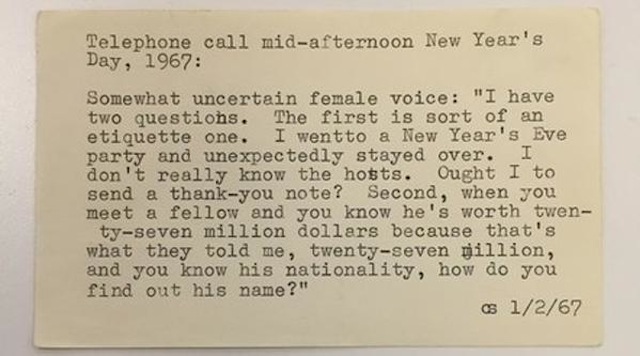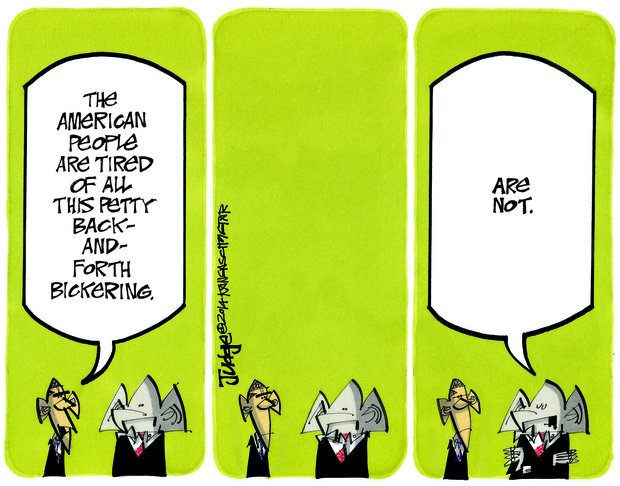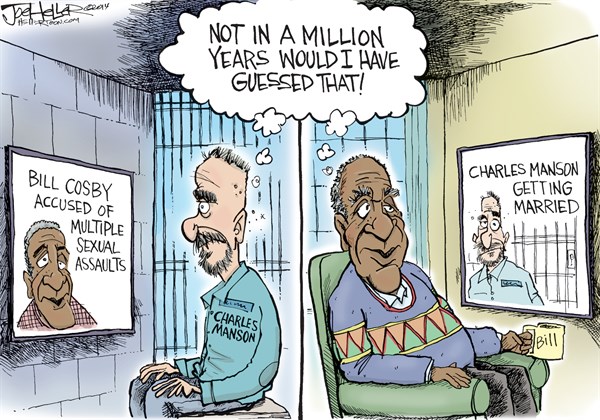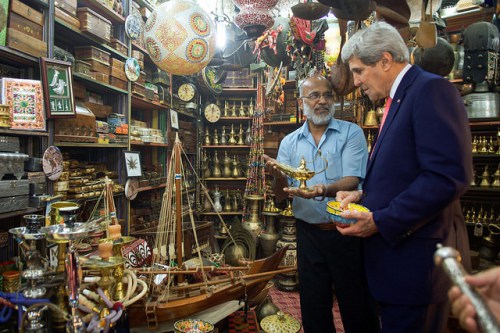“The Americans have all the clocks…but we have all the time” – Taliban Commander
On Veteran’s Day, the Wrongologist asked himself whether, after the last 13 years of war in the Middle East, conducted by four presidents, with the loss of many thousands of American lives, and the expenditure of trillions of dollars, what have we learned?
Maybe, not enough. So, here are three more credits in the Big Picture:
Syria became the 14th country in the Islamic world that US forces have invaded or occupied or bombed, and in which American soldiers have killed or been killed. And that’s just since 1980. Here’s the list:
Iran (1980, 1987-1988), Libya (1981, 1986, 1989, 2011), Lebanon (1983), Kuwait (1991), Iraq (1991-2011, 2014), Somalia (1992-1993, 2007-present), Bosnia (1995), Saudi Arabia (1991, 1996), Afghanistan (1998, 2001-present), Sudan (1998), Kosovo (1999), Yemen (2000, 2002-present), Pakistan (2004-present) and now, Syria.
We need to figure out what we have learned from all of this intervention in the Middle East. We need to total up what we have accomplished in the Middle East, and what a sustained war footing has cost us as a nation. Our veterans and the American people deserve an accounting.
On Tuesday, the NYT had an op-ed by Daniel Bolger, a retired General who fought in both Iraq and Afghanistan. Bolger wants us to stop saying that the surge won the Iraq War:
The surge in Iraq did not “win” anything. It bought time. It allowed us to kill some more bad guys and feel better about ourselves. But in the end, shackled to a corrupt, sectarian government in Baghdad…the surge just forestalled today’s stalemate. Like a handful of aspirin gobbled by a fevered patient, the surge cooled the symptoms. But the underlying disease didn’t go away. The remnants of Al Qaeda in Iraq and the Sunni insurgents we battled for more than eight years simply re-emerged this year as the Islamic State, also known as ISIS.
Please read Bolger’s book, “Why We Lost – A General’s Inside Account of the Iraq and Afghanistan Wars”. Its first paragraph:
I am a United Sates Army general, and I lost the Global War on Terrorism. It’s like Alcoholics Anonymous; step one is admitting you have a problem. Well, I have a problem. So do my peers. And thanks to our problem, now all of America has a problem, to wit: two lost campaigns and a war gone awry.
Americans have the problem, our politicians have the problem, and so do our generals. We think that we can: i) bring stability wherever it is needed, or ii) remake parts of the world in our image. Well, we can’t. And the world doesn’t want us to even try to do it. America has many fine attributes and things to be proud of, but there is a naïve and possibly purposefully ignorant side of the American psyche that gets us into trouble. It is the myth of American exceptionalism. It bleeds into our politics, our popular culture, and much of our military. You only need to look at Tuesday’s Concert for Valor to see how deeply we are infected by the Exceptionalism myth.
We need a debate. What are we doing in the Middle East? Andrew Bacevich, a professor and retired army colonel has said: (emphasis by the Wrongologist)
You know, we live in a country where if you want to go bomb somebody, there’s remarkably little discussion about how much it might cost, even though the costs almost inevitably end up being orders of magnitude larger than anybody projected at the outcome. But when you have a discussion about whether or not we can assist people who are suffering, then suddenly we come very, you know, cost-conscious…
Has the Middle East become more or less stable? Has it become more democratic? Is there less anti-Americanism? The answer is “no” to all. So, it is time to recognize that US military intervention in the Middle East has failed us as a primary means of US policy.
Mr. Obama’s bet — the same bet made by each of his predecessors, going back to Carter — is that the application of US military power would solve the dilemma of the moment. All of them were wrong, and so is he. Without a real debate, when the 14th campaign runs its course, a 15th will be waiting.
One thing worthy of debate is whether we should return to a universal service based on a mandatory draft. Richard Nixon replaced the draft with a lottery. That morphed into our all-volunteer armed forces. And thus, the ideal of the citizen/soldier was another casualty of the Vietnam War.
Non-professional soldiers would assure that we debate what we are doing militarily. It would engage the public in our foreign military strategy, unlike their current engagement with an all-professional military.
Will Congress ever agree to a commission to examine our grand strategy in the Middle East? Not without real civilian pressure. Who in their wildest imagination, after Vietnam, would have thought we would commit to a military strategy and a foreign policy that produced the debacle we now have in the Middle East?
Then again, how long will Sisyphus continue to roll that rock up War Mountain?

















